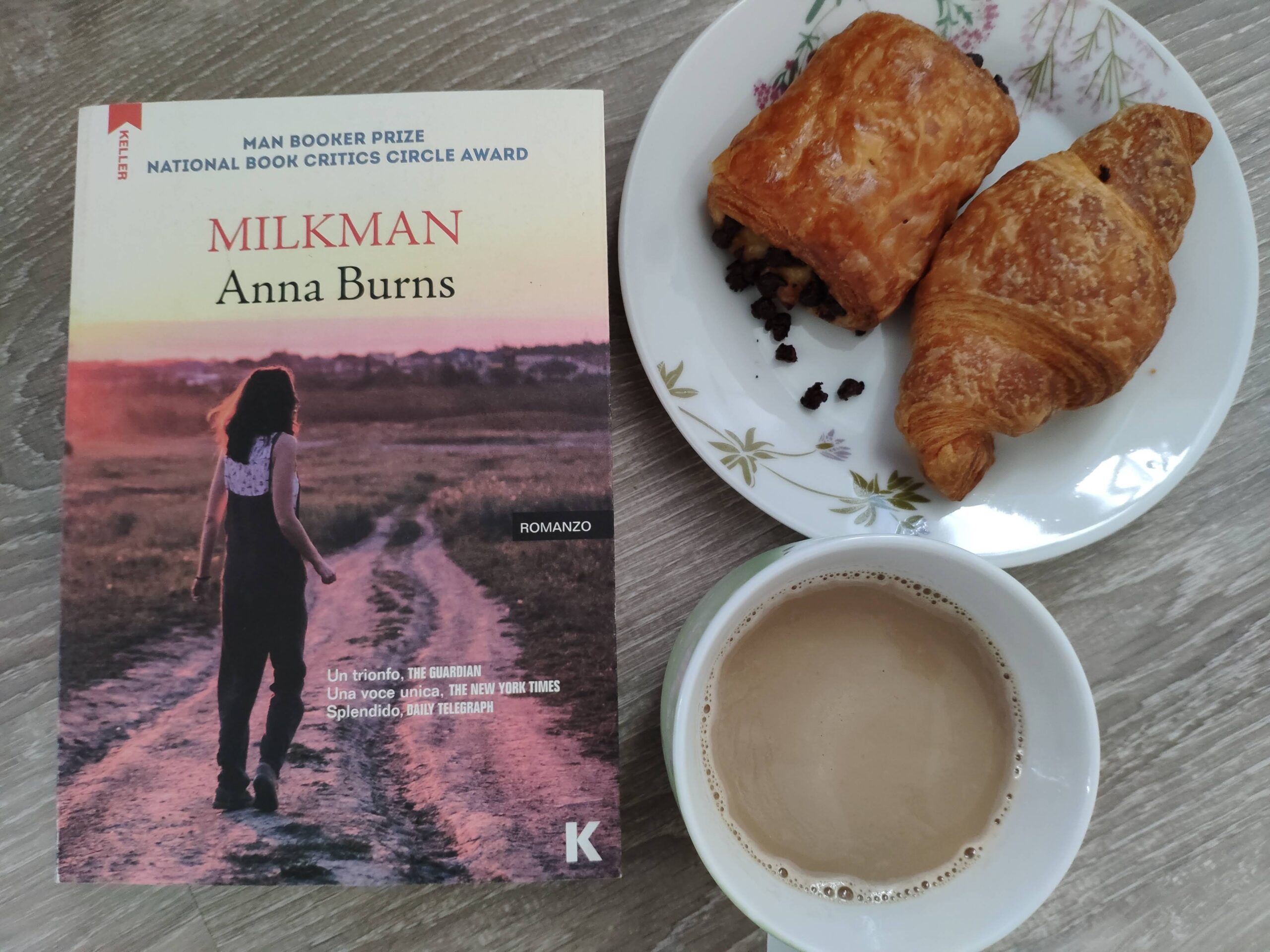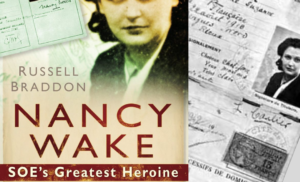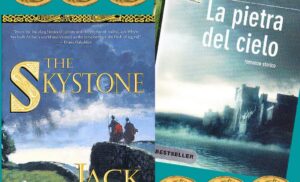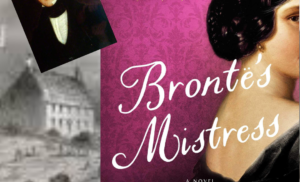
Milkman
"I was too buzzy to read, thinking of teacher, of her manner of saying there were sunsets every day, that we weren’t meant to be coffined and buried whilst all the time still living, that nothing of the dark was so enormous that never could we surmount it, that always there were new chapters, that we must let go the old, open ourselves to symbolism, to the most unexpected of interpretations, that we must too, uncover what we’ve kept hidden, what we think we might have lost."
I was in London when Milkman, by Anna Burns, won the Man Booker Prize. Everywhere, the copies of the book were on full display, highlighted in bookshops. I remember how I was attracted by the UK cover, how I picked it up and let it down many times, because the description wouldn't appeal to me, I thought it was dark and distressing, so I let it go.
Long after, a friend of mine gave me a copy as a present, and I decided to read it.
I am glad I did. The book is indeed marvellous. Distressing, as I feared, yet still beautiful.
Set in Belfast during the Troubles, years of conflict, surveillance, and repression, it tells the story of "middle sister" (neither the city nor the characters are called by their name, but just according to their role in relation to her or their social status), an eighteen-year-old girl who's considered weird because she "reads-while-walking" and she doesn't engage with her meddling fellow citizens. One day, a paramilitary called “milkman”, double her age and married, takes a fancy to her and begins spying on her, following her and, occasionally, approaching her, yet never touching her or looking at her directly, not even when he talks to her.
At the time, as the protagonist explains, if one wasn't physically attacked, it wasn't considered abuse, therefore psychological stalking basically "didn't exist" for people.
The busybodies of her district begin spreading the rumour that she's having an affair with the milkman, that they meet in disreputable places, and so on. Even the girl's mother, who's incapable to create a rapport with her daughter, believes the rumours and accuses her of behaving lasciviously and immorally, while the girl’s really only a victim. She's the milkman's victim, but also the victim of all the lies, ignorance, and insensitivity of her neighbours and her family. The terror caused by the milkman's “subtle” but cruel harassment will put an end to her real romantic relationship and will make her ill (eventually, she'll have difficulty walking, paralysed by fear).
Despite the dark plot, the candour, intelligence, and great sensitivity of the protagonist make it a tender and thoughtful novel, full of "evergreen" issues (people dullness, the psychological repression of some social and family environments, the inability to open one's heart, believing to rumours rather than a person, etc.).
This novel deserves all the awards received.
***
"Ero troppo scombussolata per leggere, pensavo all'insegnante e a quello che ci aveva detto, che ogni giorno c'era un tramonto, che non avremmo dovuto schiaffarci in una bara e starcene sepolti mentre eravamo ancora vivi, che nessun buio era così fitto da non riuscire a penetrarlo, che c'erano sempre nuovi capitoli, che dovevamo buttarci alle spalle i vecchi, aprirci al simbolismo, alla più inattesa delle interpretazioni, e che dovevamo mostrare ciò che tenevamo nascosto, ciò che pensavamo che avremmo potuto perdere."
Ero in Inghilterra quando Milkman, di Anna Burns, vinse il Man Booker Prize. Le copie del libro erano in bella vista ovunque, nelle librerie erano segnalate e messe in evidenza, e ricordo che, attratta dalla copertina inglese, lo presi in mano e lo riposi diverse volte, perché la descrizione mi dava una sensazione spiacevole, di un libro cupo e angosciante, e così lasciai perdere.
Tempo dopo, una mia amica me ne regalà una copia, e un giorno mi sentii ispirata a leggerlo.
Sono lieta di averlo fatto. Il libro è in effetti meraviglioso. Angosciante, come temevo, ma comunque meraviglioso.
Ambientato a Belfast negli anni '70, durante il conflitto nordirlandese (The Troubles, in inglese), anni di guerriglia, controlli e repressione, narra la storia di "sorella di mezzo" (né la città né i personaggi vengono mai chiamati sol loro nome, ma solo a seconda del loro ruolo o posizione sociale), una diciottenne considerata strana perché "legge-mentre-cammina" e perché non dà corda a tutti i ficcanaso e i pettegoli della città. Un giorno, un paramilitare soprannominato il lattaio (milkman), del doppio della sua età e sposato, si incapriccia di lei e comincia a perseguitarla, spiandola, seguendola e a volte avvicinandola, ma senza mai toccarla o guardarla, anche quando le parla.
Per il modo di pensare dell'epoca, come spiega la protagonista, finché non c'era un vero e proprio attacco fisico, uno non si considerava molestato, e dunque anche lo stalking psicologico non viene nemmeno lontanamente considerato. Le persone pettegole della zona cominciano a far girare la falsa voce che la giovane e il lattaio abbiano una relazione, che si incontrano in luoghi poco raccomandabili e così via. Anche la madre della ragazza, con cui è impossibile creare un vero dialogo, crede alle dicerie e accusa la figlia di comportamenti osceni e immorali di cui la ragazza non ha colpa, ma è invece una vittima. Vittima non solo del lattaio, ma soprattutto delle menzogne, dall'ignoranza e dell'insensibilità dei suoi concittadini e della sua famiglia. Il terrore causato dalla persecuzione sottile e micidiale del Lattaio farà naufragare il vero rapporto sentimentale della giovane e la farà anche ammalare (a un certo punto, farà fatica a camminare, paralizzata dalla paura).
Nonostante la trama cupa, il candore, l'intelligenza e la profonda sensibilità della protagonista, lo rendono un romanzo tenero, riflessivo, ricco anche di tematiche sempre attuali (l'ottusità di molte persone, la repressione psicologica di alcuni contesti sociali e familiari, l'incapacità di aprire il cuore, il credere alle dicerie piuttosto che a una persona, ecc.) e molto, molto piacevole. Un romanzo che merita tutti i riconoscimenti che ha avuto.




